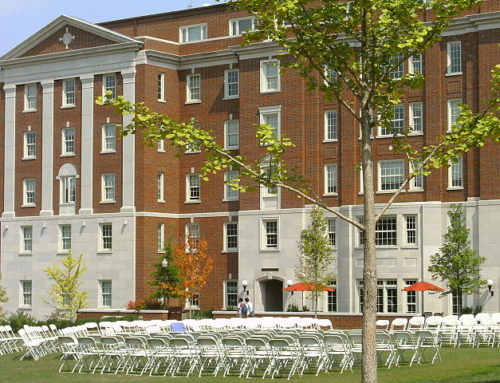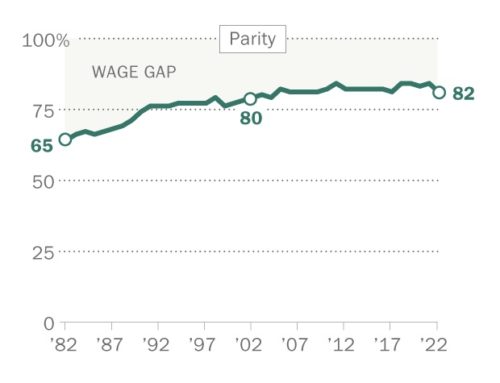A Gallop poll last summer found that by a small margin millennials prefer socialism over capitalism. Because millennials have economic challenges attaining middle-class perks, they support populist candidates who promise universal health care and free college education.
Millennials are approaching middle age in worse financial shape than every previous generation since the Great Depression. They lag behind baby boomers and Generation X even though America has enjoyed a decade of economic growth and falling unemployment.
Pew Research defines millennials as people born from 1981 to 1996. Generation X is the name given to the generation of Americans born between the mid-1960s and the early-1980s. Baby boomer is a person born in the years from 1946 to 1964.
Millennials caught a bad break. That is, they started their working careers during the Great Recession. They are not participating in the American dream. They have less wealth, less property, lower marriage rates and fewer children than previous generations. Their low fertility rate contributed to lowest number of US births in 32 years. As a consequence, America will have fewer workers in the future to support Social Security and other public programs. Social Security estimated that in 2035 there would be only 2.2 workers per beneficiary compared to 3.8 currently.
Anqi Chen, assistant director of savings research at the Center for Retirement Research at Boston College, said: “We’ll have to rethink a lot of things about taxation and how social programs are funded if fertility is really on a more permanent decline.”
Christopher Kurz, an economist at the Federal Reserve said: “Their (millennials) economic fundamentals are fundamentally different.” He found that millennial households had an average net worth of about $92,000 in 2016. This is almost 40% less than Generation X households in 2001, adjusted for inflation, and about 20% less than baby boomer households in 1989.
Millennial wages have been lackluster. At the same ages, Gen X men working full time and who were heads of households earned 18% more than their millennial counterparts. Baby boomer men earned 27% more, when adjusted for inflation.
The St. Louis Fed reported dire results. They found the median wealth of a family headed by someone born in the 1980s was a third below the level that they would expect. Their estimates were compared with earlier generations at the same age and adjusted for inflation.
The disappearance of manufacturing jobs, which in postwar years paid middle-class wages to high-school graduates, is another misfortune. Many economists are skeptical that our potential trade war with China will help restore U.S. manufacturing. They predict other Asian countries will benefit if we permanently reduce Chinese imports rather than a major step up in our domestic manufacturing.
Millennials are loaded down with student debt, auto loans, and credit card balances. Because they hold relatively few assets like stocks and houses, they have missed out on the run up of these assets since 2009.
Unfortunately, millennials have not benefited from the fact that as a group they are better educated than any generation before them. Their college diploma came at a high price. The average student-loan for millennials in 2017 was $10,600 more than twice the average owed by Generation X in 2004.
Unfortunately, in our globalized world, millennials face far more competition than previous generations. A study by the Educational Testing Service (ETS) shows that America’s millennials, on average, show weak skills in literacy, math and problem-solving compared to international competition.
Let me highlight three trouble spots. The cost of education, housing, and medical services has outstripped millennials paychecks. As a society we must address these issues. Rather than relying purely on capitalism or socialism, some combination of private enterprise and public assistance should be employed.
Originally published in the Sarasota Herald-Tribune



